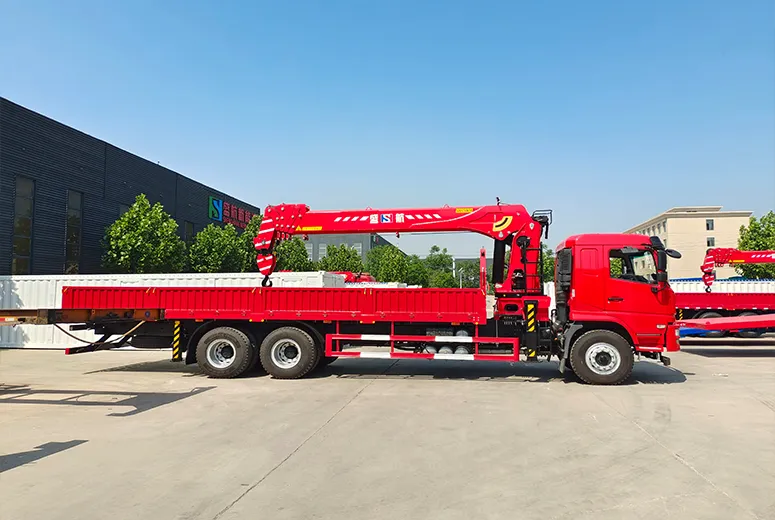precision agriculture equipment
Precision Agriculture Equipment Revolutionizing Farming Practices
Precision agriculture is transforming the agricultural landscape, leveraging advanced technologies to enhance productivity, efficiency, and sustainability. This innovative approach involves using data-driven techniques and specialized equipment to manage and optimize crop yields. As the global population continues to grow, the need for sustainable farming practices becomes increasingly critical. Precision agriculture equipment plays a fundamental role in addressing this challenge.
At the core of precision agriculture are tools and technologies designed to gather, analyze, and act upon data from the field. One of the most prominent types of equipment used in precision agriculture is the Global Positioning System (GPS). GPS technology allows farmers to collect precise location data, facilitating accurate mapping of fields. This information is vital for creating detailed field maps that reveal variability in soil types, crop health, and nutrient levels.
Another essential component of precision agriculture is Geographic Information System (GIS) technology. GIS enables farmers to analyze spatial and temporal data, helping them to make informed decisions based on patterns and trends identified in their fields. By integrating GIS with GPS, farmers can develop comprehensive management plans tailored to specific areas within a field, thus optimizing resource allocation.
Drones and aerial imaging have revolutionized how farmers monitor their crops. Equipped with high-resolution cameras and sensors, drones can capture images and data from above, providing insights into plant health, moisture levels, and pest infestations. This aerial perspective allows farmers to identify problem areas quickly and take corrective actions before issues escalate, thereby reducing crop loss and maximizing yield.
precision agriculture equipment

Soil sensors also play a crucial role in precision agriculture. These sensors, placed throughout the field, measure various parameters, including moisture, temperature, pH levels, and nutrient content. By providing real-time data, soil sensors empower farmers to make decisions based on actual soil conditions rather than assumptions. This information enables targeted irrigation, fertilization, and other management practices, ensuring that resources are used efficiently.
Variable Rate Technology (VRT) is another significant advancement in precision agriculture. VRT equipment allows farmers to apply inputs such as water, fertilizers, and pesticides at variable rates across a field. Instead of applying a uniform rate of inputs, farmers can adjust the application based on the specific needs of different areas within the field. This not only enhances crop performance but also minimizes wastage and environmental impact.
In addition to these technologies, farm management software is increasingly becoming a vital tool in precision agriculture. This software integrates data from various sources, including GPS, GIS, sensors, and drones, providing farmers with comprehensive insights into their operations. With features such as yield mapping, planning, and forecasting, these programs assist farmers in making data-driven decisions that improve productivity and profitability.
As we look to the future, the importance of precision agriculture equipment will only continue to grow. The agricultural sector faces numerous challenges, including climate change, resource scarcity, and increasing consumer demands. Precision agriculture provides a pathway for farmers to address these issues while promoting sustainable practices. By utilizing cutting-edge equipment and technologies, farmers can not only enhance their productivity but also contribute to the preservation of natural resources.
In conclusion, precision agriculture equipment is at the forefront of modern farming practices, helping to bridge the gap between agricultural demands and sustainability. Through the integration of advanced technologies, farmers can optimize their operations, improve yields, and reduce environmental impacts. As the industry continues to evolve, the adoption of precision agriculture will be essential in creating a more efficient and sustainable agricultural future. This transformative approach ensures that we can feed the growing global population while preserving the planet for generations to come.
-
SINOTRUK HOWO 84 Electric Dump Truck for Eco-Friendly Heavy HaulingNewsJul.26,2025
-
The Fast 16-Gear Manual Transmission Assembly for Heavy TrucksNewsJul.25,2025
-
Mercedes Benz Actros 1848 42 Tractor Truck for Sale - Reliable PerformanceNewsJul.24,2025
-
High-Quality Water Pump Assembly for Sinotruk Trucks – Durable & ReliableNewsJul.23,2025
-
Premium Truck Engine Antifreeze Coolant Fluid for Heavy Duty VehiclesNewsJul.22,2025
-
FOTON View G7 Mini Bus: Affordable & Spacious TransportNewsJul.22,2025
Popular products

























